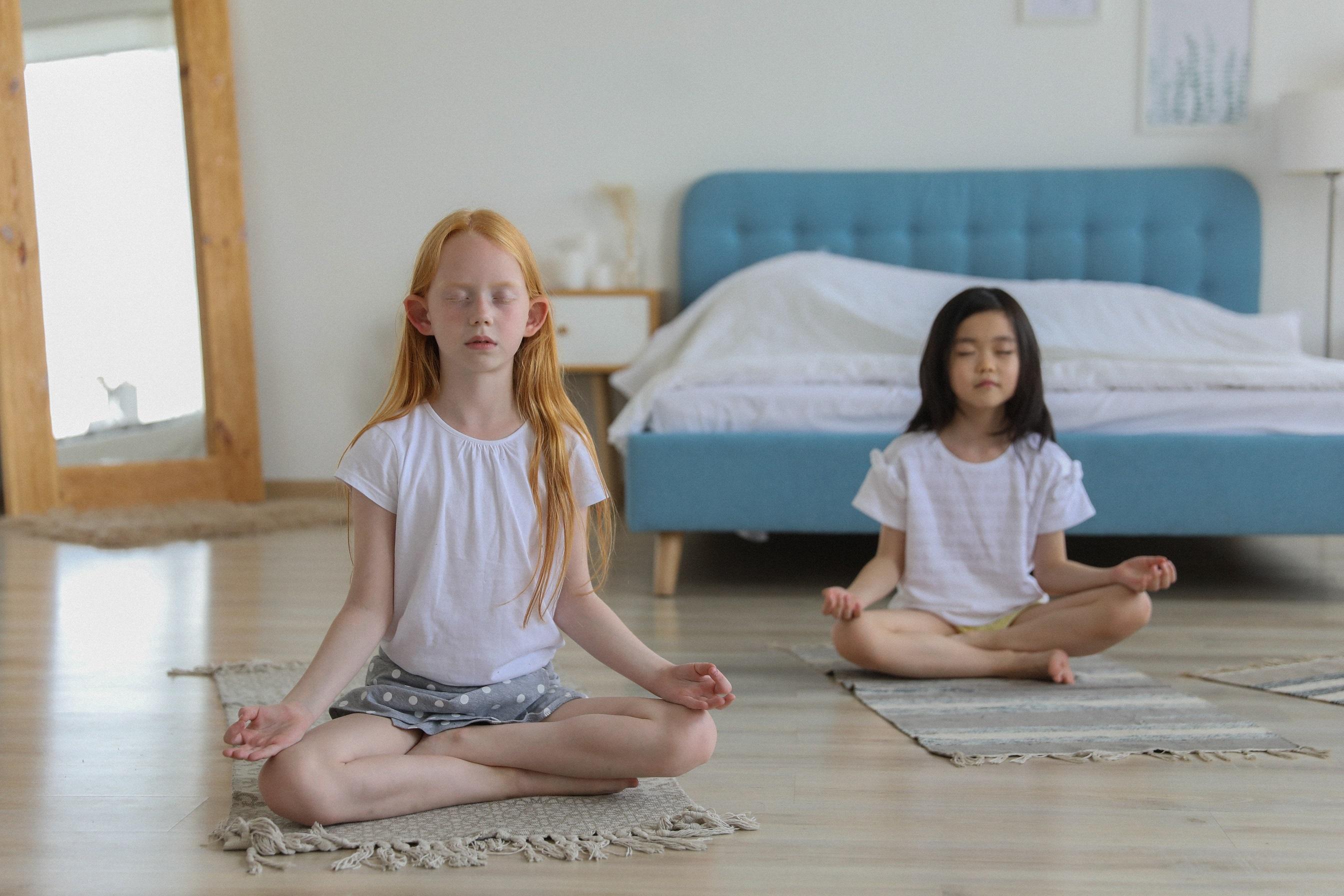- Home
- »Articles
- »Wellness
- »Mindfulness
- »Can Mindfulness help children with ADHD?



Can Mindfulness help children with ADHD?
10 July 2023
Mindfulness and meditation are calming practices which can be learned, ready for times they are needed. In recent years, there’s been a lot of work done to teach mindfulness to children, with some positive effects on their moods, behaviour, health and education. If you have a child who has been diagnosed with ADHD, you may be wondering what you can do to help them manage better. In this article, we’ll discuss the ways that mindfulness can be helpful for children with ADHD and explore how it can help improve focus, attention, and self-control.
What is Mindfulness?
Mindfulness is a series of techniques which can be learned to help people stay in the present moment. Through breathing exercises and calm activities, children can learn ways to relax and cope with strong emotions. It is increasingly being integrated into school curriculums and there are private classes available, either in person or online. You can also access printable online resources, videos and audio recordings so you can help your child learn mindfulness. The key to seeing results is practising daily, so it’s important to choose a method of learning that is engaging for your child.
Calming Effects
Children with ADHD often have a hard time staying calm and focused. Their minds are constantly racing, and they may struggle to keep still and pay attention, which can make school difficult. Practising mindfulness can help to calm children with ADHD. Focusing on breathing can help to slow down their racing thoughts and ease anxiety. It can help them to stay in the present moment and feel more calm and relaxed.
Focuses The Mind
A wandering mind is common in ADHD, with kids losing track of what they’re supposed to be doing or getting distracted by things going on around them. When children are mindful, they are not thinking about the past or the future but instead are focused on the here and now, fully in the present moment. It will take practice for a child with ADHD to master this skill, but once they do, it’s likely to be very helpful for them.
Reduces Anxiety and Stress Levels
There’s a significant overlap between ADHD and anxiety disorders in children. Trying to navigate the world with ADHD can cause anxiety as well. Mindfulness can help reduce anxiety, as children learn to be aware of their feelings but not controlled by them. Deep breathing exercises can help to counter the physical manifestations of anxiety, such as hyperventilation, headaches, muscle tension and nausea. Mindful practices can equip children with the tools they need to cope with stressful situations.
Improves Emotional Regulation
Mindfulness training can help children with ADHD to regulate their emotions more effectively. One way mindfulness does this is by helping children to become more aware of their thoughts and feelings. This allows them to see when they are getting caught up in rumination – excessive thinking about the past or future that can trigger negative emotions. Mindfulness also helps children become better at recognising and managing their emotions, as it teaches them how to pay attention to their bodies and notice the physical sensations that accompany emotions. This can help them to identify emotions early on before they spiral out of control.
Mindfulness can be a beneficial tool for children with ADHD. It can help to reduce symptoms and improve focus and concentration. Additionally, it can help to reduce stress and anxiety levels. If you are considering incorporating mindfulness into your child's routine, discuss it with their doctor or other medical professionals first.
